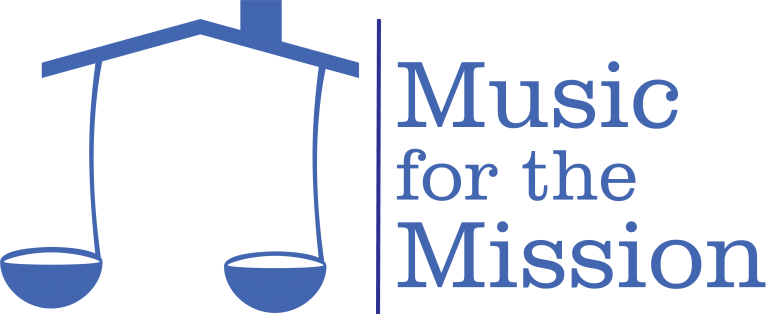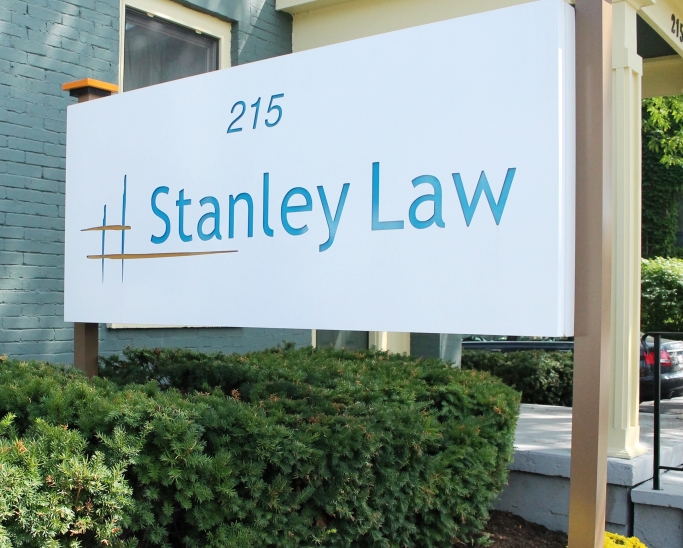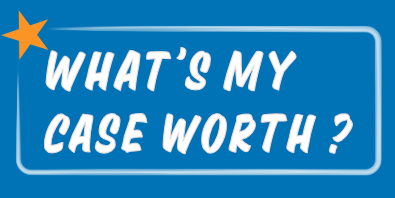In some personal injury or wrongful death claims, loved ones of the person who were injured or killed may be entitled to recover loss of consortium damages against the negligent party. These types of cases involve very serious or catastrophic injury or death. Joe Knows how traumatic it can be to see a loved one suffer and lose the life you shared together. The Team at Stanley Law is there for you and can help you understand what’s involved in recovering damages for loss of consortium.
Understanding Loss of Consortium
A loss of consortium claim is typically brought by the spouse or children of a person who was injured or died because of another’s negligent or intentional act. The premise of a loss of consortium claim is that because of a negligent party’s or entity’s action, a person who was hurt or killed is unable to give their family or spouse the same affection, love, companionship, or sexual relations that they could before the incident or accident. Usually, damages for loss of consortium aren’t given unless the person died or has suffered a catastrophic or permanent injury.
Valuing A Loss Of Consortium Claim
The way loss of consortium claims are handled varies from state to state, but generally, these types of damages are considered non-economic or general damages. Some other types of general damages include mental anguish, pain and suffering, and emotional distress.
It’s challenging to place a monetary value on these types of losses. In claims that are litigated in court, the judge or jury have the discretion to value loss of consortium damages as they see fit. If you’re considering filing a loss of consortium action, it’s vital to seek the counsel of an experienced personal injury attorney who can accurately quantify your claim.
Who Can File a Loss of Consortium Action?
Only immediate family members are typically allowed to file a loss of consortium claim, although there are rare exceptions.
Spouses and domestic partners – In the past, unmarried partners typically weren’t permitted to bring a loss of consortium claim against the negligent party, but some states have changed the rules to allow domestic partners to pursue a loss of consortium claim.
Children – The children of an injured or deceased victim may also be entitled to bring a loss of consortium claim. In this situation, a child may argue that they are no longer able to receive the same kind of nurturing, affection, care, or companionship they were able to before the injury.
Parents – A parent who has suffered the loss of a child or whose child has been severely injured may also be able to bring a loss of consortium action. In cases involving parents and children, the child or parent must demonstrate that their relationship was irrevocably changed by the injury or death.
Things To Consider In Loss Of Consortium Claims
The amount of compensation you can recover in a loss of consortium claim may be limited by state law or a negligent party’s insurance policy. It’s important to keep in mind that when you bring a loss of consortium claim, the intimate aspects of your relationship will be revealed. A defendant’s attorney will most likely ask questions about your private life that may be embarrassing. For instance, if you’ve dealt with issues like infidelity or abuse during your relationship, these problems will most likely be discussed in depositions or in front of a judge and jury. However, if you do have a valid loss of consortium claim, you shouldn’t let this deter you from seeking the compensation you need and deserve. The discomfort may be worth it in the end, and a compassionate personal injury lawyer can provide the support you need to help you get through it and make things right.
Contact A Personal Injury Lawyer To Learn More About Loss Of Consortium Claims
Our personal injury lawyers at Stanley Law Offices have more than 90 years of combined experience in helping clients recover and move on with their lives after an injury or death caused by negligence. Our team works to get you the MAXIMUM AWARD you deserve. If your loved one has been severely injured or killed and you believe you have a loss of consortium claim, contact us online or call 800-608-3333 or 800-372-3760 today. Our offices are conveniently located in Syracuse, Rochester, Watertown, Binghamton, New York, and Montrose, Pennsylvania. Se habla español.














